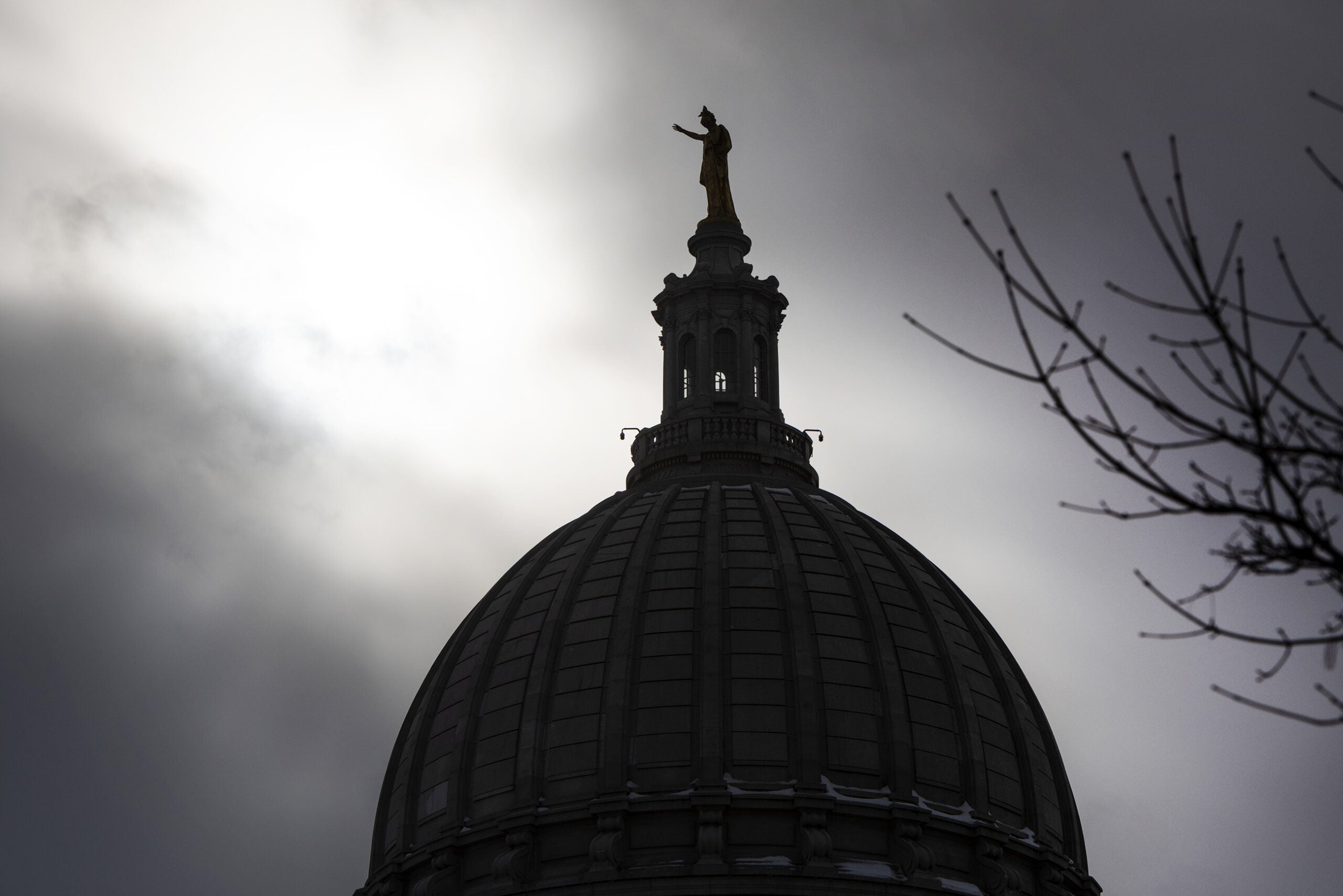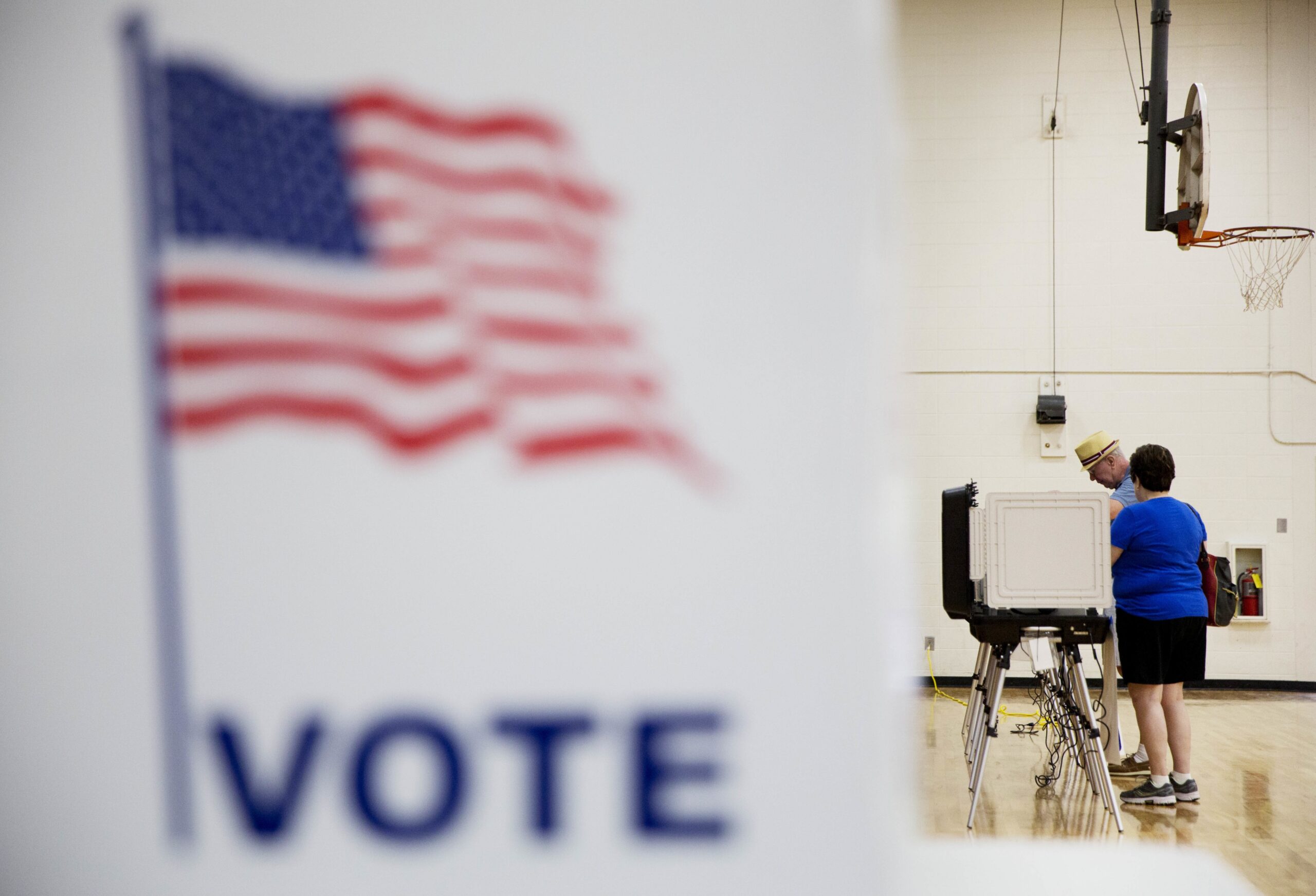Leaks from the White House are typical, but the types of leaks that we are seeing from the Trump administration are not. We look at what happens when more news is obtained through unnamed sources than through usual channels, and how the media should respond. Then we speak with the founder of The Onion, an early purveyor of satirical fake news which got its start in Madison, Wisconsin. And, we look at politics and protest in the Trump-era.
Featured in this Show
-
The Onion: The Real Story Of Fake News
Founded in Madison by college students, The Onion started off as a simple local paper with a distinctly Midwestern touch, but there are many incidents of its dead-pan humor being cited as real news. Given the current proliferation of misinformation, a founding editor of The Onion asks whether reality has finally caught up with fake news.
-
Founding Editor Of The Onion: Satirical Newspaper Shouldn't Be Compared To Fake News
The founding editor of The Onion is unlayering some of the critical differences between the original satirical newspaper and the recent proliferation of fake news articles that had some speculating they swayed the 2016 presidential election.
Scott Dikkers is the longest-serving editor-in-chief of The Onion, which was founded in Madison in the late 1980s by a group of college students. Its brand of quirky, satirical news influenced a host of comedy shows, including “The Daily Show.” It’s famous for headlines like “CIA Realizes It’s Been Using Black Highlighters All These Years” and “Man Forced To Come Up With 45 Seconds Of Facial Expressions While Waitress Lists Off Specials.”
But Dikkers insists the latest influx of fake news that was spread across Facebook, stories like “Pope Francis Shocks World, Endorses Donald Trump For President, Releases Statement” are definitely not satire.
“I certainly don’t like when those people label their fake news as satire,” he said. “I think that’s a cop out because clearly they’re just making up stories as propaganda or to bolster a certain opinion, or to get a rise out of people who might mistake it for real news.”
Dikkers added that it was never The Onion’s intention to deliberately mislead the public. Instead, it was always to entertain and to make people laugh. Anyone with “half a brain cell” knew it wasn’t real. Even the paper’s motto “Tu stultus es” roughly translates to “you’re an idiot.” It was always a kind of Ron Burgundy character delivering nonsense with a straight face.
“We never went out there trying to fool people, that was never the goal. And people who do that as their sole goal, I don’t know, I just don’t see the benefit in that,” Dikkers said.
BuzzFeed News reported that “top fake election news stories generated more total engagement on Facebook than top election stories from 19 major news outlets combined.” A Pew Research Center survey showed that 1-in-4 Americans have shared a fake news story, and that as many as 2-in-3 were left confused about basic facts.
Dikkers joked he never thought fake news, a term he said The Onion has rejected from the beginning, would go on to threaten the republic. But given what he knows about human psychology and its tendency to seek information that bolsters one’s own cognitive bias, he’s not all that surprised. He called it one of humanity’s biggest flaws.
“We don’t want to believe things that are true, that are empirically real. We want to believe in things that agree with us. And that’s caused a lot of problems throughout human history,” he said.
Dikkers will give a lecture he’s calling “The Real Story of Fake News” at 4 p.m. Wednesday in Marquette University’s Alumni Memorial Union.
-
Why The Trump White House Keeps Up Leaks To Media
Leaks happen in every White House administration. But leaks designed to embarrass the president are uncommon. We’ll find out about White House leaks in the West Wing and how journalists are depending on unnamed sources to disclose the inner workings of the Trump administration.
-
The Politics Of Protest In The Trump-Era
Since President Trump took office, there have been numerous protests across the country and beyond. But with so many protests taking place these days, is the message getting lost? Are protesters being heard? And what does all this protesting mean for our politics, our democracy…and us? A professor who studies social movements and protests weighs in.
Episode Credits
- Rob Ferrett Host
- Kate Archer Kent Host
- Marika Suval Producer
- Kate Archer Kent Producer
- Chris Malina Producer
- Scott Dikkers Guest
- S.V. Dáte Guest
- David Meyer Guest
Wisconsin Public Radio, © Copyright 2024, Board of Regents of the University of Wisconsin System and Wisconsin Educational Communications Board.




